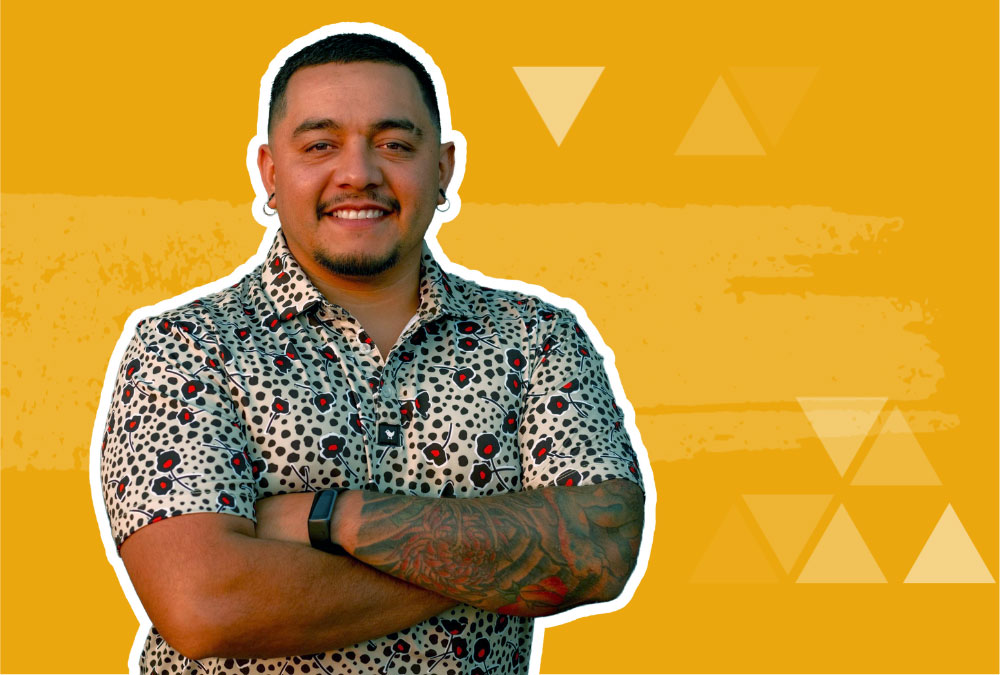Driving Automotive Technology Into the Future

How many iPhones would it take to store a petabyte of data? Roughly 4,000, Gabriel Flores estimates.
For the layperson, a petabyte is 1,000 terabytes. That’s the amount of data a self-driving vehicle terminal server needs to collect and move through cloud storage on a consistent basis—a process that’s vastly expensive, super technical, and critical to every single facet of a safe, functioning autonomous vehicle.
Complicated technical challenges like this are where Flores hits his stride. He is an enterprise engineering manager at Latitude AI, a subsidiary of Ford that develops hands-free, eyes-off driving technology. His team builds, manages, and services the interconnected servers where vehicles offload data every day.
Working on the frontlines of a large, highly disruptive force in technology during an inflection point is his happy place. A truly new frontier, research suggests that 12 percent of new passenger cars will be sold with autonomous technologies by 2030—and that number is going to aggressively hit the accelerator with adoption.
“Being a part of something new is where the fun is, it’s where the excitement and a sense of purpose are for me. The companies I’ve worked for were all doing something new, something we hadn’t considered, and they’ve changed the game.”
“I’ve always thought cars are cool, but it’s beautiful to be a part of the potential good that will come from this technology, from a road safety standpoint and for convenience,” Flores said. “I’m not saying people won’t be getting behind the wheel anymore, but it will help to reduce the number of accidents.”
Initially self-trained and directed, Flores has now spent more than a decade as an engineer, building efficient server networks around the globe for giants like LinkedIn and Airbnb, and setting up their offices in Amsterdam, London, Paris, São Paulo, Singapore, Stockholm, and across the United States.
After graduating, he found work as a data analyst for Cisco, testing servers. The role was repetitive and process-driven, and Flores quickly saw opportunities to create new efficiencies that saved time and added value to both the team and company. This created room for him to grow.
“I learned business acumen doing all my capstone projects and case studies at Chico State,” he said. “That made it really easy to see my work from different perspectives.”
The leap from validating servers to building them himself and leading a team of engineers wasn’t as far as he first imagined: “When I first joined this field, I had passion for computing and building things. I thought I’d be an architect when I was younger. Where I am today is basically like an architect, but for servers.”
His passion and curiosity have led to new opportunities, always at the intersection of technology and culture.
“I love the challenge,” Flores said. “Being a part of something new is where the fun is, it’s where the excitement and a sense of purpose are for me. The companies I’ve worked for were all doing something new, something we hadn’t considered, and they’ve changed the game.”



